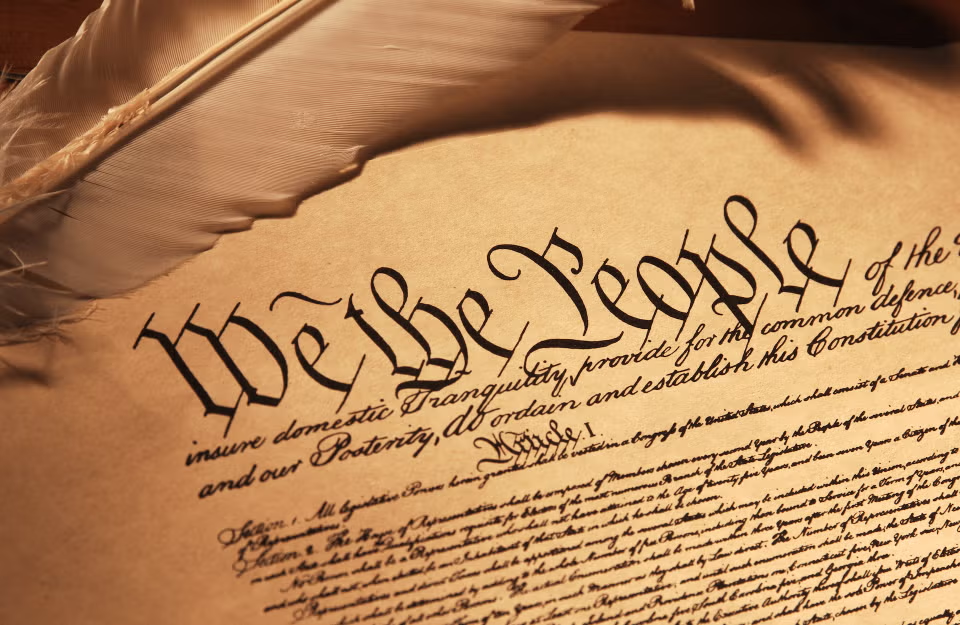
America’s founding principles—life, liberty, and the pursuit of happiness, as enshrined in the Declaration of Independence (1776, https://www.archives.gov/founding-docs/declaration-transcript)—are protected by the U.S. Constitution (1787, https://www.archives.gov/founding-docs/constitution-transcript). In 2025, these principles face threats from a $37.2 trillion national debt (Fiscal Data, 2025, https://fiscaldata.treasury.gov/datasets/debt-to-the-penny/), 22% public trust in government (Pew Research Center, 2024, https://www.pewresearch.org/politics/2024/06/24/public-trust-in-government-1958-2024/), and homelessness affecting 771,000 individuals (HUD, 2024, https://www.huduser.gov/portal/sites/default/files/pdf/2024-AHAR-Part-1.pdf). Bureaucratic overreach and regulatory violations exacerbate cultural divisions and inequities. This article proposes reforms rooted in individual responsibility, free markets, and constitutional fidelity, including something better than "Home Base" model for homelessness because it's a total waste, and place limits on bureaucratic policy inventions.

Partisan Gridlock, Bureaucratic Overreach
Massachusetts’ Beacon Hill faces entrenched partisan divides, intensified by Auditor Diana DiZoglio’s 2025 lawsuit against legislative leaders blocking audits mandated by 2024’s Question 1 (72% voter approval).

The United States, historically regarded as a beacon of democracy and opportunity, is currently confronting significant social and political challenges that threaten its foundational principles of fairness, equality, liberty, and life. Issues such as healthcare inequities, educational disparities, voter suppression, bureaucratic corruption, and media polarization operations are prominent. Public trust in federal institutions has reached a historic low, with only 20% of Americans expressing confidence, according to a 2024 Gallup poll [1]. Despite widespread recognition of these problems, consensus on viable solutions remains elusive.

In the United States, the phrase "life, liberty, and the pursuit of happiness" originates from the Declaration of Independence, penned by Thomas Jefferson in 1776. It’s not a legal code but a philosophical cornerstone, reflecting the ideals that shaped our nation’s founding. These "unalienable rights" are rooted in Enlightenment thinking, particularly John Locke’s ideas of life, liberty, and property, which Jefferson adapted to fit the revolutionary spirit. **Life** means the inherent right to exist and be protected from arbitrary harm or death.